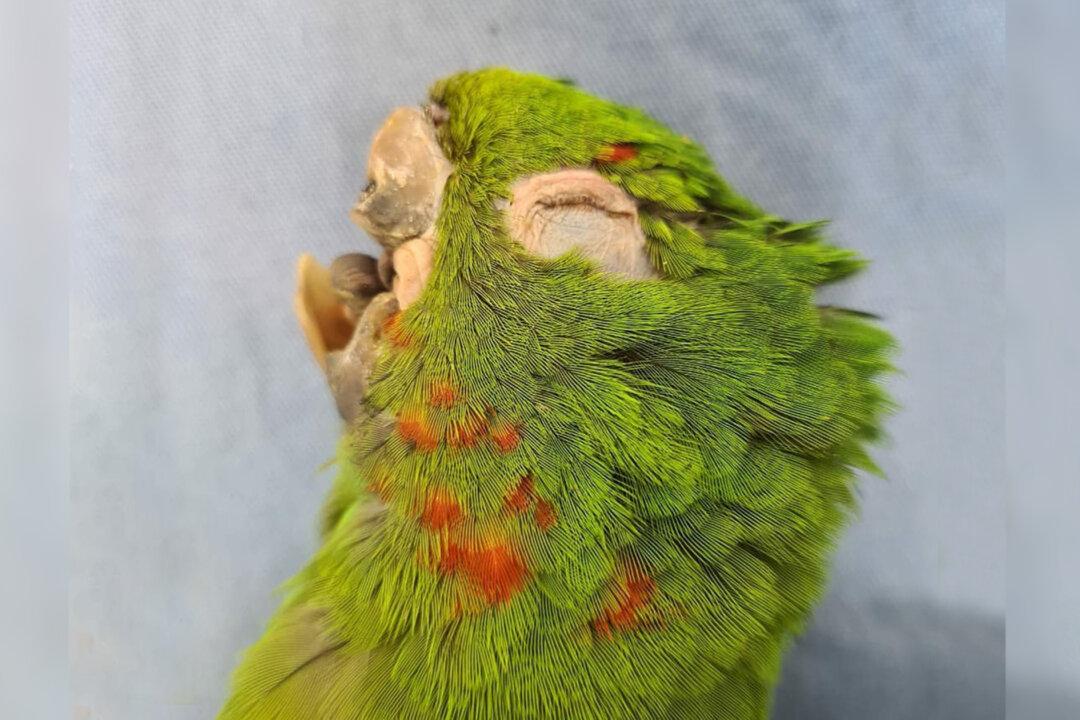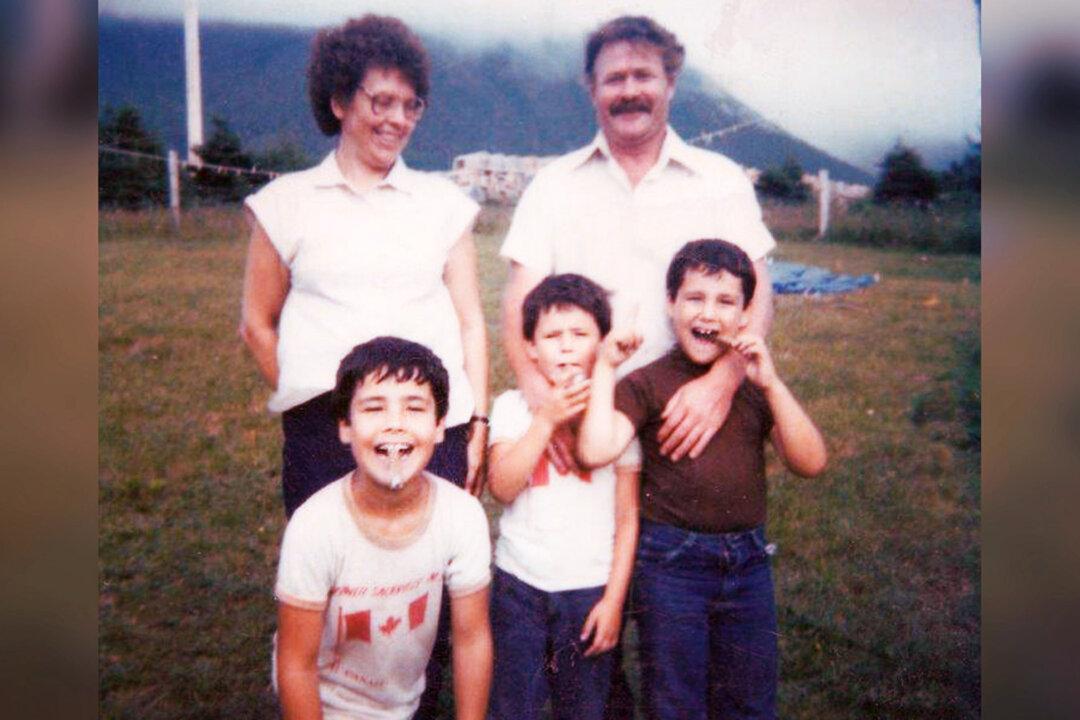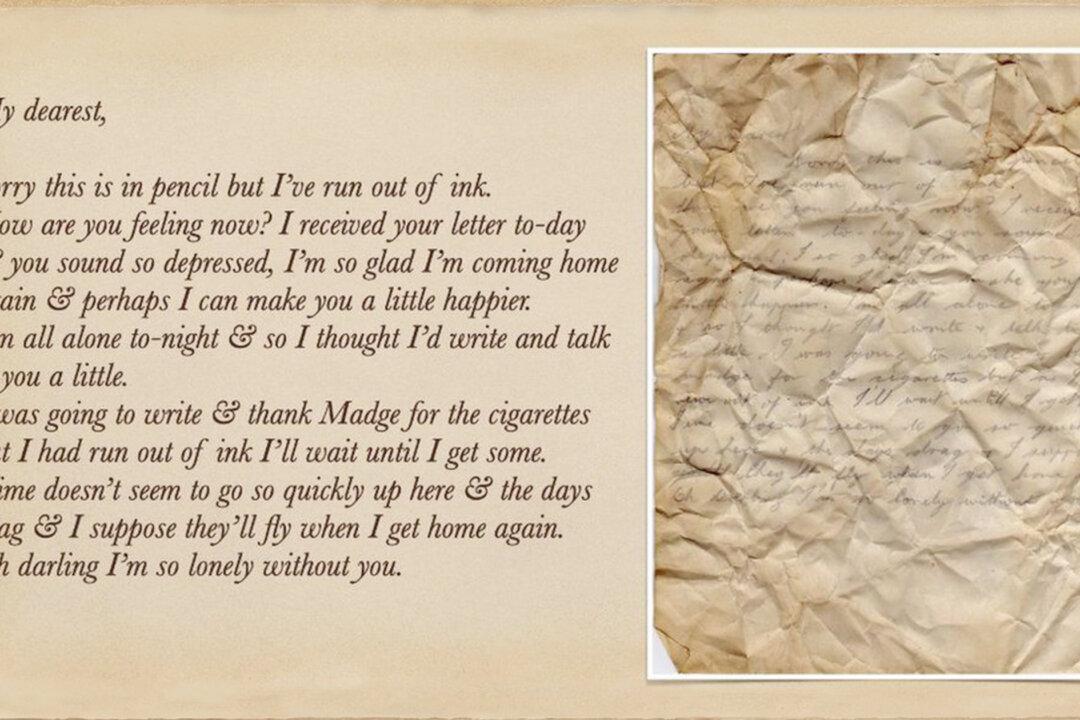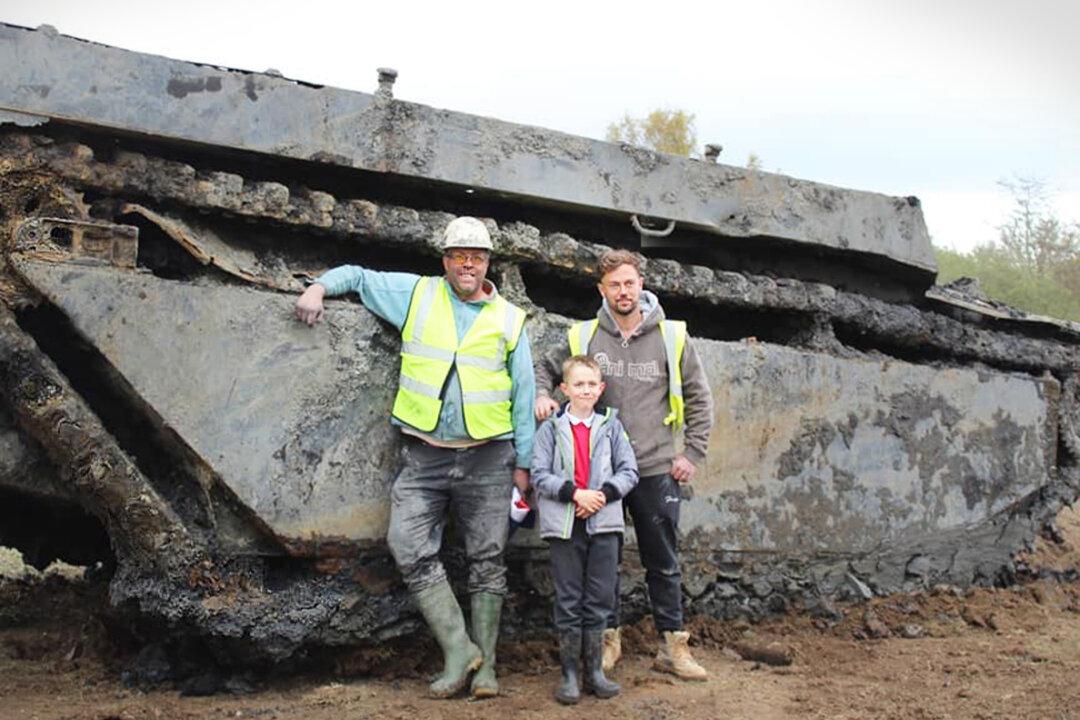An animal rehabilitation center in Brazil is being hailed for its innovation in helping an injured parrot with a missing beak found in the wild.
The bird was admitted to the center, and a handmade prosthetic beak was contracted, allowing the parrot to be able to eat again and fully recover.






